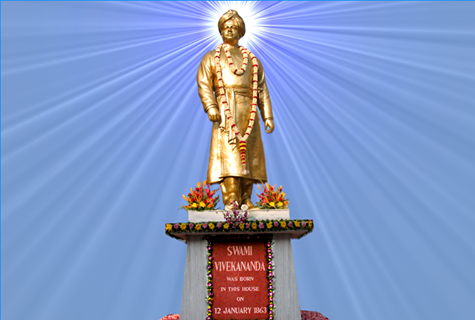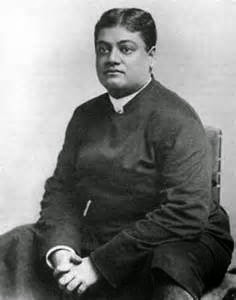Swami Vivekananda: 7. VILVAMANGALA :
Swami Vivekananda: 7. VILVAMANGALA : : (Found in the papers of Miss S. E. Waldo by Swami Raghavananda when he was in the U.S.A.) This is a story from one of the book...
Swami Vivekananda's inspiring personality was well known both in India and in America during the last decade of the nineteenth century and the first decade of the twentieth. The unknown monk of India suddenly leapt into fame at the Parliament of Religions held in Chicago in 1893, at which he represented Hinduism.






